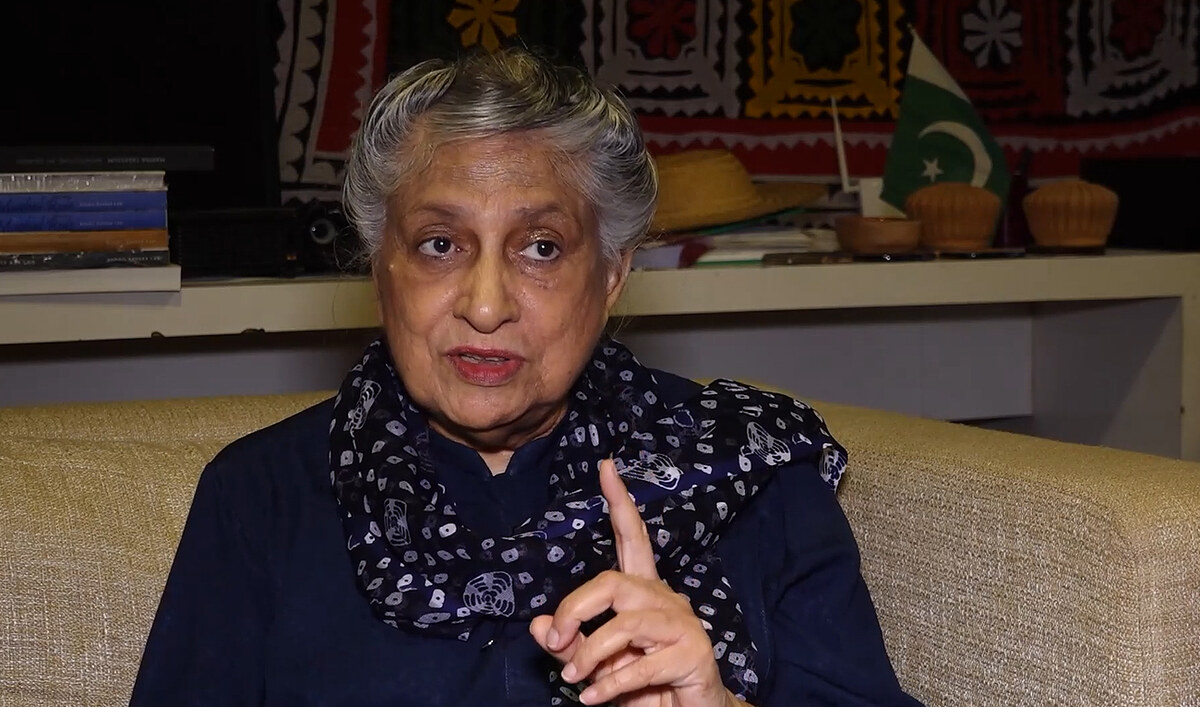Fish don’t buy umbrellas to survive in the sea

https://arab.news/bxbna
Umbrellas are of even less use to fish, seeing as the fish are already dying due to our human excess and irresponsibility. For the best part of 50 years, we humans have been well-aware of the damage we are inflicting on our environment and its likely consequences on our planet and the survivability of future generations. While we have been attending one conference after another, the degradation of our environment has only accelerated, global temperatures have risen even further. Although 194 countries signed the supposedly groundbreaking Paris Agreement of 2015, we have still not seen any changes in our behavior indicating any hope that we are slowing the effects of climate change.
I remember a movie called “Mississippi Burning,” where the FBI is called in to investigate the disappearance of three civil rights workers — two whites and one black man — in a Mississippi town run by the Ku Klux Klan. The imagery of fire and hatred is one that unfortunately marks our present day in my mind, with devastating conflicts raging, uninhibited hatred and racism, far-right election gains across the West, and a US election year that was a farce before it even began, now descending into a media feeding frenzy where the losers, as always, are ordinary citizens. It is not just Mississippi that is burning today; we stare on indifferently as the world is burning.
Shame on us for allowing ourselves to be diverted by all this as we blindly do absolutely nothing about the greatest existential challenge humanity has ever faced, namely climate change. In a recent issue of Financial Times, Martin Wolf published an article entitled “Market forces are not enough to halt climate change,” in which he illustrates how all our good intentions and supposed efforts are making no difference to the devastating climate change already underway, to the “folly of running irreversible long-term experiments on the only habitable planet we have.”
The bottom line is that we are simply not prepared to pay the price of decarbonizing the economy or of halting growth in order to halt ever-growing demand for electricity. Although electricity generation from non-fossil fuel sources has risen 44 percent over the last eight years, that from fossil fuel sources also rose 12 percent, meaning carbon emissions are still significantly on the rise, ultimately fueling ever more rapid and irreversible climate change. “Alas, the atmosphere responds to emissions, not good intentions: we have been running forward, but going backwards,” Wolf says.
Wolf cited a recent study from researchers at the Potsdam Institute for Climate Impact, who assert that “the costs of mitigating (climate change) by limiting the temperature increase to 2C, are just a sixth of the costs of the likely climate change.”
We should be educating everyone from kindergartners to retirees on the realities and the limits of our planet in its collision course with our rapacious economic system.
Hassan bin Youssef Yassin
Wolf adds that although “even a free-market fanatic cannot deny that environmental externalities are a form of market failure … the market will not fix this global market failure,” a “tragic failure” if there ever was one. Our global economy is simply not made to deal with such tremendous negative externalities, such long-term damage, and such a huge amount of waste being built into our economic reality.
Indeed, “among the most important problems in this area is the failure of capital markets to price the future appropriately,” as Lord Nicholas Stern and Joseph Stiglitz argue in “Climate Change and Growth.” Shame on us for watching our planet and the future of humanity decline so rapidly in front of our eyes. Mother Nature will adapt; we, seemingly, will not.
We should be educating everyone from kindergartners to retirees on the realities and the limits of our planet in its collision course with our rapacious economic system. We must open new avenues of dialogue and encourage our best minds to find new paths for a solution to this existential threat.
Our empty conferences, our meaningless signatures, our false bravado are all worthless. We must stop rewriting the stories of old and find new ways to bring about the meaningful participation of every human being on the planet, rather than rely on governments and businesses, whose interests lie elsewhere. Most of all, we must learn to value and respect what God and Nature have given us in birth, ensuring that in death we bequeath something better, not worse, to future generations.
• Hassan bin Youssef Yassin worked closely with Saudi Arabia’s petroleum ministers, Abdullah Tariki and Ahmed Zaki Yamani, from 1959-1967. He led the Saudi Information Office in Washington from 1972-1981 and served with the Arab League’s observer delegation to the UN from 1981-1983.






























